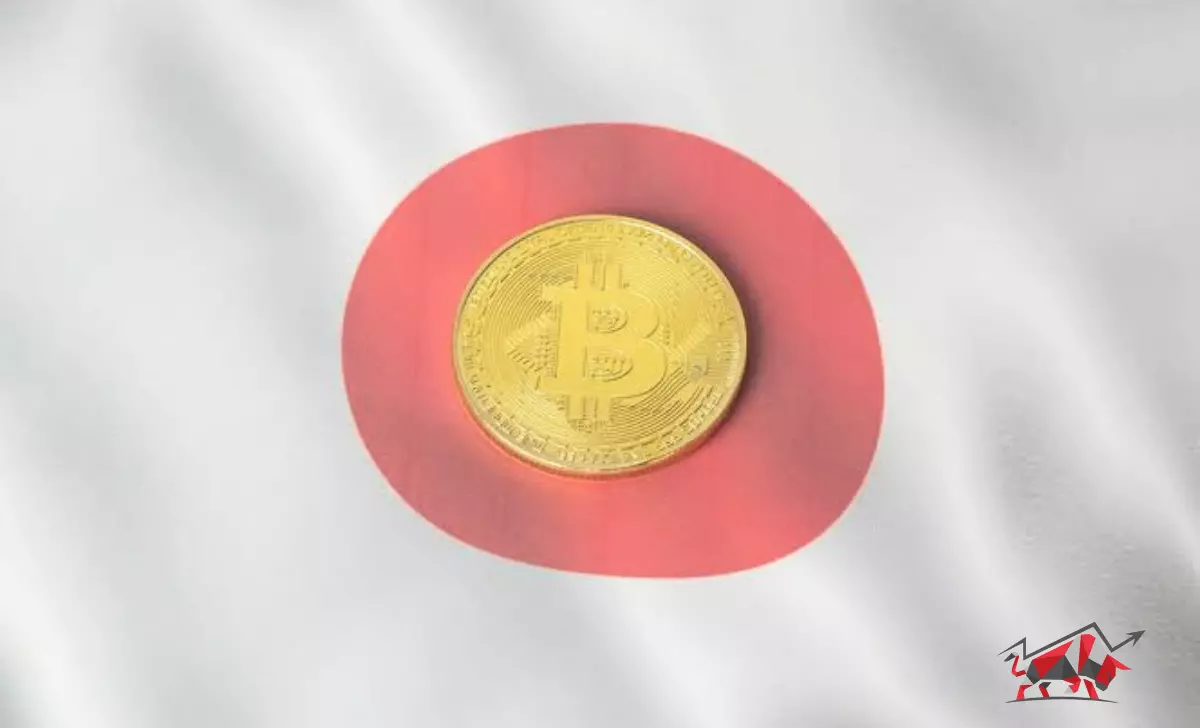Japan’s National Tax Agency has announced a partial revision of its corporate tax guidelines. The revised guidelines introduce a fresh set of rules specifically designed for digital token issuers, effectively eliminating taxes on unrealized gains from crypto assets issued by companies.
Industry analyst Colin Wu believes that these new tax rules will simplify the business landscape for cryptocurrency-related companies in Japan. The move comes after the approval of a proposal to abolish the requirement for crypto firms to pay taxes on unrealized “paper gains” on tokens they issued and held.
Under the revised regulations, Japanese fintech firms that issue tokens will be exempted from the fixed 30% corporate tax rate on their holdings. Previously, laws imposed taxes on unrealized gains, prompting some companies to relocate to more favorable jurisdictions overseas.
While there are still additional challenges that need to be addressed to further facilitate crypto business in Japan, local media reports suggest that this revision represents a positive step toward improving the overall business environment.
To qualify for tax exemptions on crypto tokens, companies must meet two primary conditions. First, the tokens must be issued by the company and continuously held from the time of issuance. Second, transfer restrictions must be in place.
The crypto community has reacted positively to this government initiative. Sota Watanabe, the founder of Astar Network (ASTR) and a proponent of this tax revision, expressed his views on the matter, stating, “For the time being, people who want to do something like Astar can now do it without leaving the country. I would like to continue constructive discussions with politicians and authorities.” Watanabe also emphasized the need to revise the taxation of holding tokens issued by other companies, as it currently hampers the domestic expansion of projects.
In addition to these tax changes, Japan has been actively implementing stricter anti-money laundering (AML) rules since the start of June. The aim is to align the country’s regulations with the requirements set by the Financial Action Task Force (FATF), thereby strengthening the overall security and integrity of the crypto industry.
Japan Being the Crypto Pivot to Asia Continues
Japan was one of the first countries to fully legalize and regulate cryptocurrencies so remains a popular destination for businesses. Earlier this month, reports emerged that its largest bank could become a stablecoin issuer. However, Hong Kong and Singapore have emerged as friendlier nations for crypto this year with their own regulations and digital welcome mats.
Meanwhile, America continues to crack down on the industry taking legal action against companies for failing to do the impossible – register as securities exchanges.


